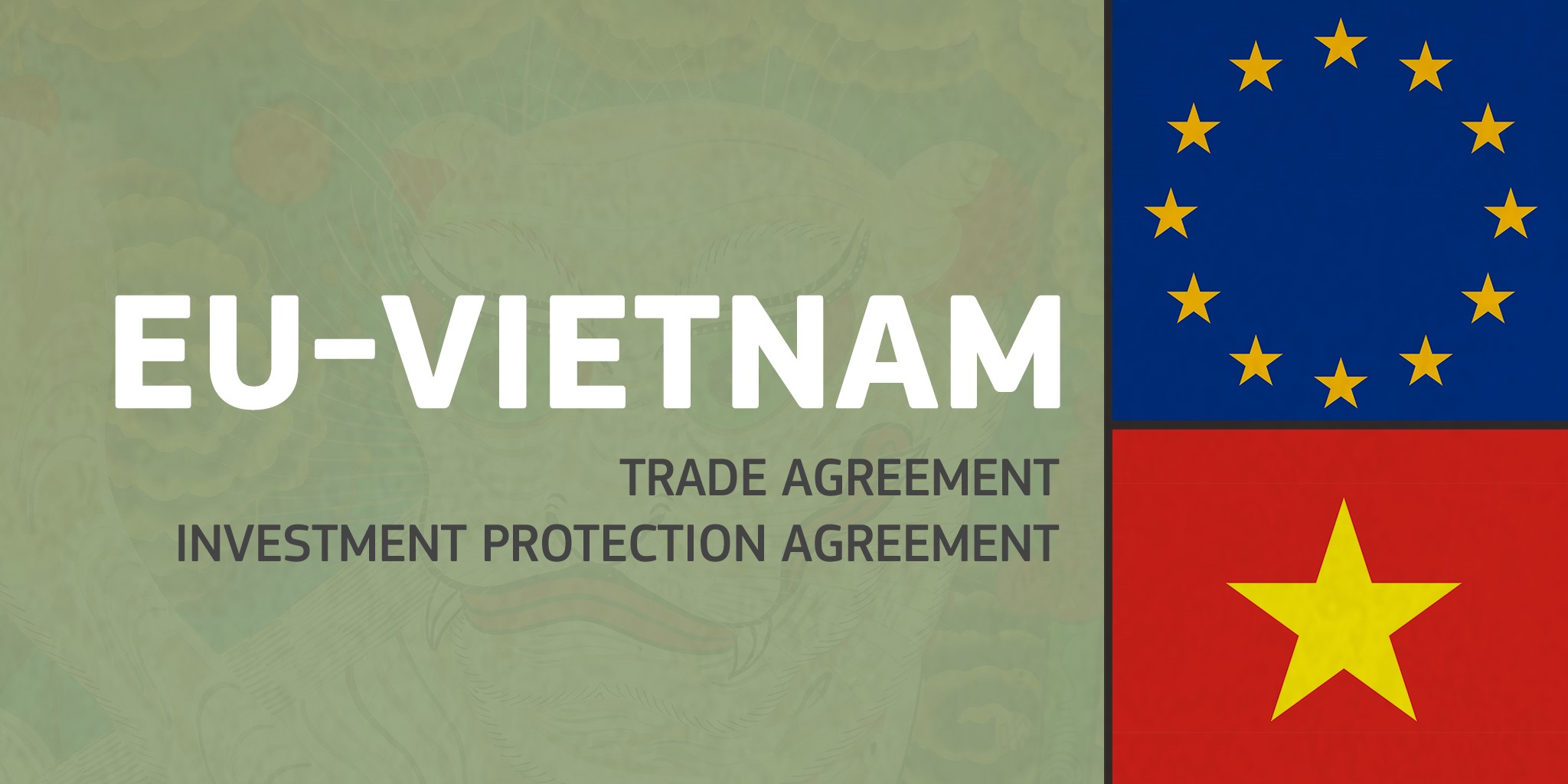By granting consent to the EU-Vietnam agreements the EP will fulfil the EU’s vocation as a force for good and a catalyst of reform.
We face an important decision in our February Plenary Session with upcoming votes on the EU-Vietnam Free Trade Agreement (EVFTA) and the Investment Protection Agreement (EVIPA).
These strategic agreements have a threefold importance.
The economic and commercial implications are unanimously recognised to be mutually beneficial, with a 99% elimination of tariffs, protecting geographical indications and opening the services and public procurement markets. The agreements will also cut red tape and reduce administrative burdens, a key element for European SMEs. This is the first modern and ambitious trade agreement of the EU with a developing country.
The agreements have a vital, unanimously accepted, geostrategic value, particularly in a global context which is witnessing increasing volatility and tensions on the trade front. The EU is hereby showcasing its unbent commitment to rules-based trade, providing economic stakeholders with the predictability they need in order to thrive and grow, while effectively projecting its values and standards in a key region. The EVFTA/EVIPA can be considered the first step in a longer process of reaching a region-to-region agreement with the ASEAN community. While this is long term ambition of the EU, every journey starts with a first step; the ratification of the EVFTA/ EVIPA is this first important step.
Moreover, much attention has been granted to Trade and Sustainable Development (TSD). This chapter includes provisions for human rights, environmental protection and labour rights. The negotiation phase of the agreements has already triggered important reforms in Vietnam. These policy improvements, including the ratification of further ILO Core Conventions, as well as the elaboration of an implementation roadmap for Labour Code reforms, have been recognized across the political landscape in Europe. Striving for the highest standards on labour rights, the INTA Committee was content to hear from the Vietnamese Bureau of the ILO that indeed the progresses are irrefutable.
Together with colleagues from INTA, I visited Vietnam last autumn, getting first-hand experiences from the ground in Hanoi. We met political actors at the highest level, international organizations such as the ILO, our EU Chamber of Commerce in Vietnam, and various NGOs and civil society organisations. While there certainly still is room for improvement, a key message we repeatedly received during our visit was that EU presence on the ground is making a significant difference. Through the EVFTA/EVIPA, the EU is living up to its calling to be a force for good, a catalyst of reform and change in Vietnam.
The challenge is considerable, given that we are dealing with a substantially different political system. The EU’s engagement is thus the more important, and these are our first modern and ambitious agreements with an area where we want to project European values and principles. An evaluation of results has therefore to consider the local peculiarities, according a suitable amount of time for change. I have personally witnessed the impressive evolutions in Vietnam, having previously visited the country back in 2015.
This leaves us with a single controversial matter; how can the EU maximise its impact on Human Rights? Is it better to try to gain leverage by postponing consent, or is it more efficient to ratify and start immediately the implementation of the EVFTA/EVIPA mechanisms?
I have no doubt that postponement is a bad decision. Immediately enhancing our presence in Vietnam and scrutinising implementation of the agreements, including through the Joint Committee of the EP and the Vietnamese National Assembly, an unprecedented parliamentary cooperation proposed during the INTA delegation to Hanoi, certainly is the best choice. A postponement of implementation means a postponement of results, hurting EU credibility in trade negotiations and making us weaker on the long term. The negotiations of the agreements provided us with leverage which we have certainly capitalised upon. Even stronger leverage will come once the agreements have entered into force, and the legally binding commitments will be scrutinised.
Throughout the last two months, we have witnessed an enhanced dialogue with the Vietnamese authorities through numerous exchanges of letters and direct meetings. The expectations of the European Parliament are crystal clear. The commitments of the Vietnamese counterparts on environmental provisions, labour and human rights are quantified and enforceable. DG Trade has also confirmed more than once their relentless commitment to monitoring implementation of the agreements, scrutinising deliverables and putting pressure when necessary in order to achieve the expected results.
If we wish to see a rapid modernisation, real improvements and concrete results on the ground in Vietnam, we have to vote the consent to the EU-Vietnam agreements.
Iuliu WINKLER, MEP
INTA Vice-Chair, EPP Shadow Rapporteur
for EVFTA/EVIPA








